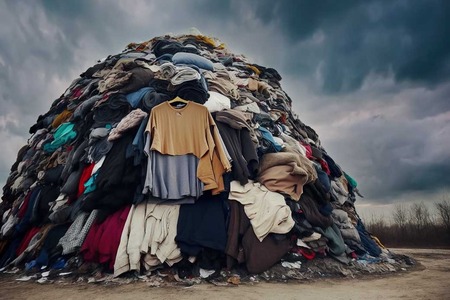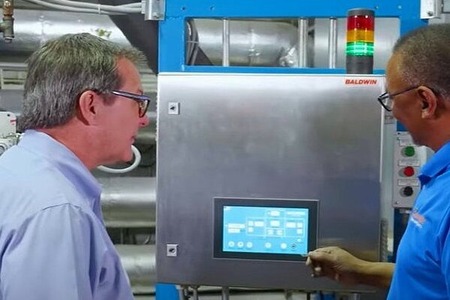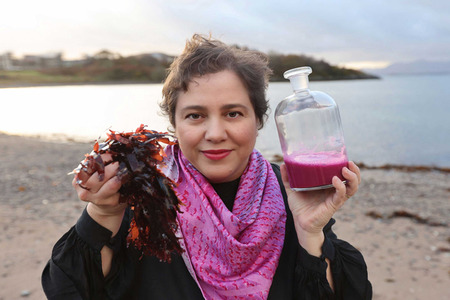Uzbek to adopt technology to stop forced labour in cotton production
YarnsandFibers News Bureau 2017-02-28 16:00:00 – AshgabatAs an intiative drive to exclude adulteration in the cotton industry, Applied DNA Sciences, a provider of DNA-based supply chain, anti-counterfeiting and anti-theft technology, product genotyping and product authentication solutions; is offering molecular tagging and authentication service to brands and retailers.
The platform is based on a SigNature T molecular tag, applied at the point where locally grown cotton is ginned, and forensically authenticated at each stage of the supply chain to allow traceability for fibres to finished goods back to their origin
The biomarkers have been tested in raw and ginned cotton. The testing of yarn and finished textiles is forthcoming. Applied DNA is looking for partners to aid in halting forced labour in cotton fields, while facilitating a global collaboration in identifying and highlighting Uzbek.
The company proposes that machine harvesting and modern ginning be introduced to the Uzbek cotton industry as soon as possible, perhaps funded by governments, NGOs and the global cotton industry. Molecular markers supplied by the company could ensure that every relevant fibre is recognizable as free of forced labour. In collaboration with leaders within the cotton industry and cotton research, Uzbek cotton fibres could be introduced to the global market as a superior upland cotton, untainted by ethical compromise.
Dr James Hayward, President and CEO of Applied DNA said that even if a retailer's brand were surreptitiously adulterated with Uzbek cotton, the
damage to their equity would be irreparable. When combined with a programme of molecular tagging at the source, their products and services can de-risk supply chains for every cotton retailer, brand and manufacturer.
Kirill Boychenko, Coordinator of the Cotton Campaign at the International Labour Rights Forum said that DNA technology can help businesses and regulators enhance traceability and transparency in global supply chains. Applied DNA's advances in molecular tagging and cotton genotyping can provide technical guidance on cotton produced with forced labour from countries like Uzbekistan and Turkmenistan that can then be used by brands, retailers, supply chain intermediaries and law enforcement to ensure responsible sourcing.
Andrew Wallis, OBE, the catalyst behind the Modern Slavery Act, and Founder and CEO of Unseen, a UK charity that works towards a world without forced labour stated that the innovative use of technology by Applied DNA Sciences to tackling some of the world's most complex problems - transparency in supply chains and modern forced-labour abuses - is to be applauded.
More than 250 brands and retailers have signed, The Cotton Pledge, promising not to knowingly source cotton from Uzbekistan.
Market Intelligence
Ask for free sample Report

experience
Customer Base
dedicated team
Countries Served Worldwide









